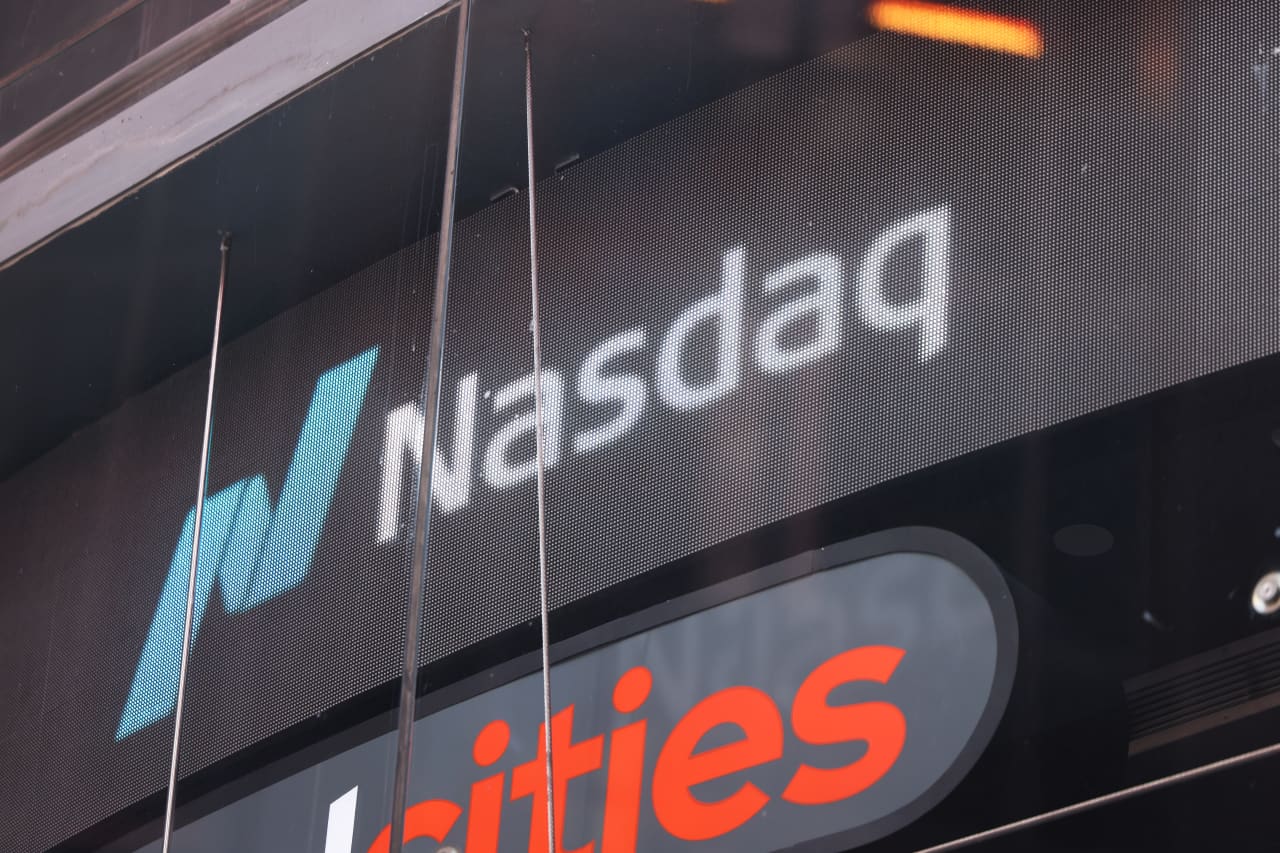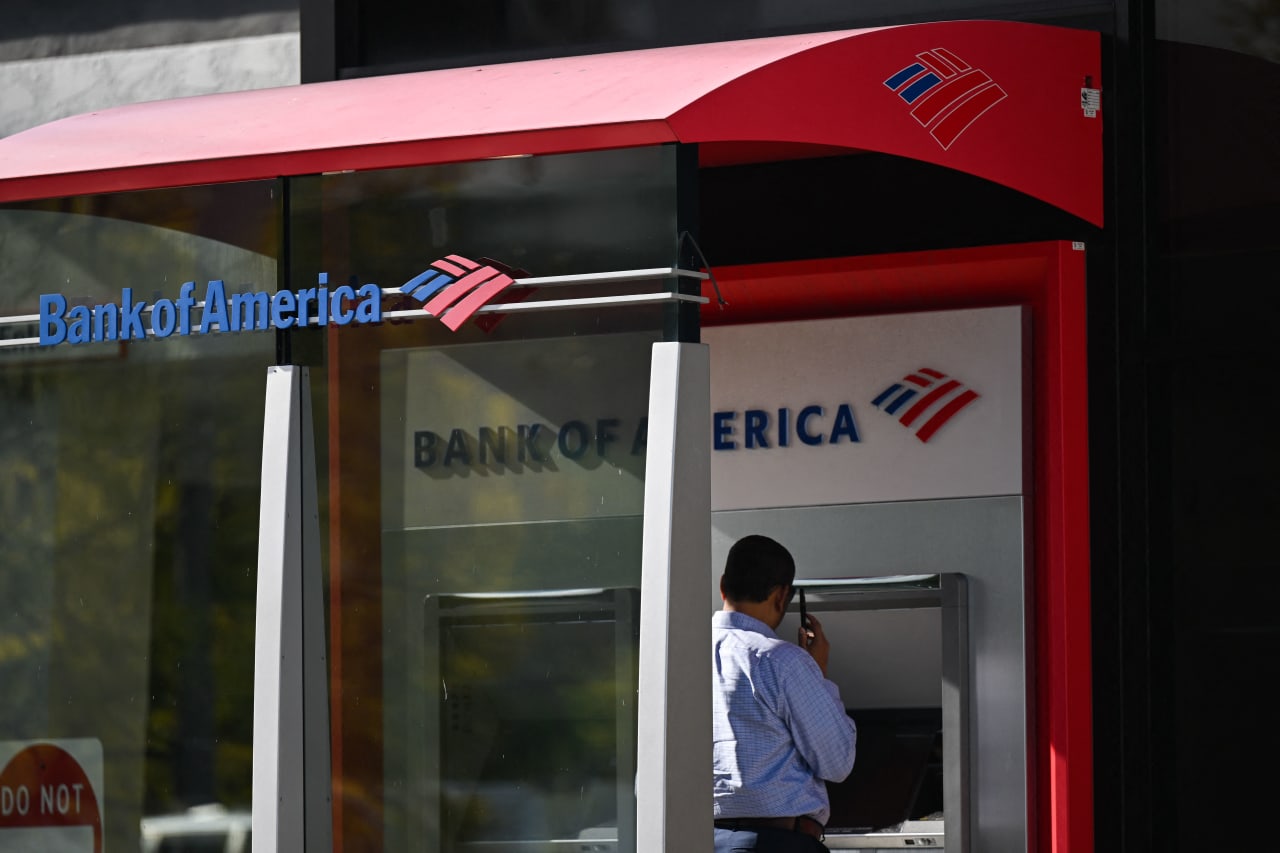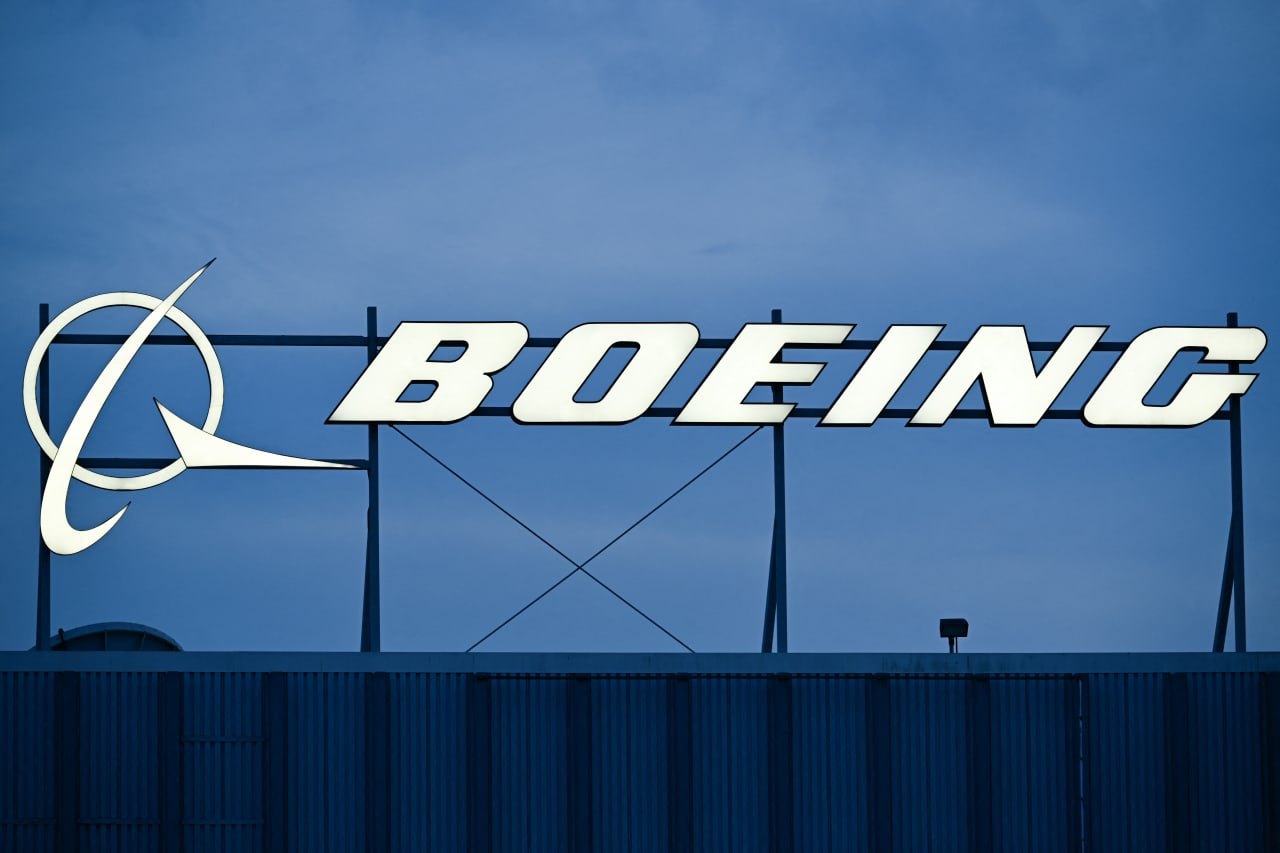The World’s Richest Are Getting Richer Again
A resilient global economy is leading to a rise in wealth once again for the world’s richest individuals, despite plenty of economic and geopolitical uncertainty, according to a new report.
Globally, the population of those with at least US$1 million in investable assets rose by 5.1% last year to 22.8 million, while their wealth rose 4.7% to US$86.8 trillion, according to the 28th annual World Wealth Report from Capgemini Research Institute, a global think tank division of Paris-based Capgemini.
It’s a sharp difference from a year earlier, when global wealth fell 3.3% to US$83 trillion.
The growth trend was particularly evident in the U.S. last year, where economic resilience, slowing inflation, and soaring U.S. stocks led to a 7.3% increase in the population of those with at least US$1 million in investable assets to 7.5 million, Capgemini said. The wealth of these individuals rose 7% to US$26.1 trillion.
“We are back in business,” says Elias Ghanem, global head of Capgemini Research Institute for Financial Services. “It’s a good message for the economy, it’s a good message for the people, and it’s a good message that growth is back on stage.”
Among the ultra wealthy—those with at least US$30 million in investable assets—the global population rose by 5% to 220,000, while their wealth grew by 3.9% to about US$29.4 trillion. That represents 34% of total global wealth, according to Capgemini.
A big reason for the upturn in wealth was a strong recovery in global stocks, and the fact that the wealthy moved their assets out of cash and cash equivalents. Globally, this population’s average allocation to cash was 34% as of January 2023; by January this year, cash allocations dropped to 25% on average.
“There’s a move in the high-net-worth mind from wealth preservation back to growth, and that’s good,” Ghanem says.
Although average global stock allocations dropped to 21% as of January this year from 23% a year earlier, the wealthy boosted their allocations to fixed-income by 5 percentage points to 20%, to lock in higher rates, Ghanem says. They also moved money into real estate as prices declined, increasing that investment, on average, by 4 percentage points to 19%.
“As interest rates went up, the real estate to be sold increased, and thus the price went down, and high-net-worth individuals leveraged the opportunity to invest,” Ghanem says. That investment has a positive ripple effect on the broader economy, he says.
The wealthy also boosted their allocations to alternative investments, mostly private equity and private credit, by 2 percentage points to 15%. That’s money that funds the private sector, where businesses are engaged in creating industries and products “that are essential to transforming our economy,” Ghanem says.
The message all these moves make: “Money is circulating again and money circulating is growth for everyone,” he says.
Capgemini’s annual report doesn’t predict the future, but the shifts in asset allocation point to a new perspective by the wealthy that takes into account the shocks of the recent past, from the pandemic, to inflation, and war.
“The business environment has considered these factors and is able to manage them,” Ghanem says.
Whether China reopens for business remains “a big question mark,” however, he says. Though the Nasdaq stock index in the U.S. gained 43% in 2023, after tumbling 34% a year earlier, the Shanghai Stock Index posted a decline of 3.7% last year, better than a nearly 15% drop a year earlier, but still sluggish.
As a result, Asia has yet to regain its status as the world’s wealthiest region—which it was from 2017-19, on the strength of growth in both China and India, Ghanem says.
The report was based on a survey of 3,119 individuals (including more than 1,300 ultra-wealthy) living in 26 markets in North America, Latin America, Europe, the Middle East, and Asia-Pacific, the firm said.
The findings are aimed at wealth management firms serving these elite populations across the globe. Among the uber-wealthy, Capgemini warns these firms have competition from family offices that are better positioned to orchestrate non-financial services, such as education or travel, and to bargain among banks to get the best deals, and services. That’s reflected in the fact the number of wealth management firms hired by the ultra-wealthy has risen to seven on average from three in 2020, Capgemini found.
“With their diverse operating models fully aligned with the objectives of the families they service, family offices are becoming more visible and are significantly challenging traditional wealth management firms,” the report said.
Capgemini’s conclusion: Wealth management firms need to decide if they want to compete against family offices or collaborate with them.
One way the report urges them to compete is by developing behavioural finance technology driven by artificial intelligence. These systems can be trained to understand biases and identify them early on to help individuals avoid making bad decisions, Ghanem says.
“One of the strongest messages of the report is that it’s time for the banks to leverage AI-powered behavioral finance to interact better with their clients,” he says.
 Copyright 2020, Dow Jones & Company, Inc. All Rights Reserved Worldwide. LEARN MORE
Copyright 2020, Dow Jones & Company, Inc. All Rights Reserved Worldwide. LEARN MORE
This stylish family home combines a classic palette and finishes with a flexible floorplan
Just 55 minutes from Sydney, make this your creative getaway located in the majestic Hawkesbury region.
When will Berkshire Hathaway stop selling Bank of America stock?
Berkshire began liquidating its big stake in the banking company in mid-July—and has already unloaded about 15% of its interest. The selling has been fairly aggressive and has totaled about $6 billion. (Berkshire still holds 883 million shares, an 11.3% interest worth $35 billion based on its most recent filing on Aug. 30.)
The selling has prompted speculation about when CEO Warren Buffett, who oversees Berkshire’s $300 billion equity portfolio, will stop. The sales have depressed Bank of America stock, which has underperformed peers since Berkshire began its sell program. The stock closed down 0.9% Thursday at $40.14.
It’s possible that Berkshire will stop selling when the stake drops to 700 million shares. Taxes and history would be the reasons why.
Berkshire accumulated its Bank of America stake in two stages—and at vastly different prices. Berkshire’s initial stake came in 2017 , when it swapped $5 billion of Bank of America preferred stock for 700 million shares of common stock via warrants it received as part of the original preferred investment in 2011.
Berkshire got a sweet deal in that 2011 transaction. At the time, Bank of America was looking for a Buffett imprimatur—and the bank’s stock price was weak and under $10 a share.
Berkshire paid about $7 a share for that initial stake of 700 million common shares. The rest of the Berkshire stake, more than 300 million shares, was mostly purchased in 2018 at around $30 a share.
With Bank of America stock currently trading around $40, Berkshire faces a high tax burden from selling shares from the original stake of 700 million shares, given the low cost basis, and a much lighter tax hit from unloading the rest. Berkshire is subject to corporate taxes—an estimated 25% including local taxes—on gains on any sales of stock. The tax bite is stark.
Berkshire might own $2 to $3 a share in taxes on sales of high-cost stock and $8 a share on low-cost stock purchased for $7 a share.
New York tax expert Robert Willens says corporations, like individuals, can specify the particular lots when they sell stock with multiple cost levels.
“If stock is held in the custody of a broker, an adequate identification is made if the taxpayer specifies to the broker having custody of the stock the particular stock to be sold and, within a reasonable time thereafter, confirmation of such specification is set forth in a written document from the broker,” Willens told Barron’s in an email.
He assumes that Berkshire will identify the high-cost Bank of America stock for the recent sales to minimize its tax liability.
If sellers don’t specify, they generally are subject to “first in, first out,” or FIFO, accounting, meaning that the stock bought first would be subject to any tax on gains.
Buffett tends to be tax-averse—and that may prompt him to keep the original stake of 700 million shares. He could also mull any loyalty he may feel toward Bank of America CEO Brian Moynihan , whom Buffett has praised in the past.
Another reason for Berkshire to hold Bank of America is that it’s the company’s only big equity holding among traditional banks after selling shares of U.S. Bancorp , Bank of New York Mellon , JPMorgan Chase , and Wells Fargo in recent years.
Buffett, however, often eliminates stock holdings after he begins selling them down, as he did with the other bank stocks. Berkshire does retain a smaller stake of about $3 billion in Citigroup.
There could be a new filing on sales of Bank of America stock by Berkshire on Thursday evening. It has been three business days since the last one.
Berkshire must file within two business days of any sales of Bank of America stock since it owns more than 10%. The conglomerate will need to get its stake under about 777 million shares, about 100 million below the current level, before it can avoid the two-day filing rule.
It should be said that taxes haven’t deterred Buffett from selling over half of Berkshire’s stake in Apple this year—an estimated $85 billion or more of stock. Barron’s has estimated that Berkshire may owe $15 billion on the bulk of the sales that occurred in the second quarter.
Berkshire now holds 400 million shares of Apple and Barron’s has argued that Buffett may be finished reducing the Apple stake at that round number, which is the same number of shares that Berkshire has held in Coca-Cola for more than two decades.
Buffett may like round numbers—and 700 million could be just the right figure for Bank of America.
This stylish family home combines a classic palette and finishes with a flexible floorplan
Just 55 minutes from Sydney, make this your creative getaway located in the majestic Hawkesbury region.






















